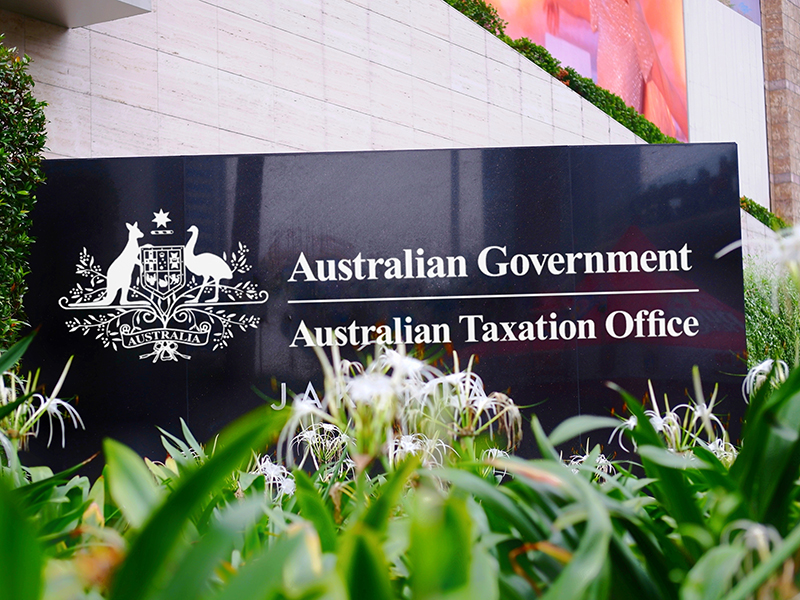
Company Secretarial Duties
Every registered public company in Australia is required to have at least one company secretary, one of which must ordinarily reside in Australia (s204A). Only an individual who is at least 18 years old may be a company secretary (s204B(1)) and a person who is disqualified from managing a corporation may only be appointed as company secretary if they have been granted permission by ASIC or the court (s204B(2)).
A person must provide a signed consent to act as secretary of the company before being appointed (s 204C), and the company secretary is to be appointed by the directors (s204D). Australian courts have described the company secretary as ‘the chief administrative officer of the company.’
Core duties of a company secretary
There are a number of core duties that all company secretaries are required to perform to a greater or lesser extent:
- Ensure compliance with the company’s constitution
- Preparation and lodgement of statutory returns
- Statutory compliance
It is imperative that the company secretary is familiar with the Corporations Act and the legislation and regulations relevant to the company’s enterprises, and the general business environment. This includes NSXA Listing Rules where the company is listed on the NSX.
It also includes ensuring that the ACN or ABN appears where necessary with the company name and that the name is displayed at the registered office and on all necessary ‘public documents’.
- Organisation of meetings
A major role of the company secretary is to organise and coordinate board meetings and attend these meetings to take minutes, advise the chair of procedural requirements and other duties. The company secretary should also organise members’ meetings (also called general meetings), including the sending of notices, marshalling of proxies, taking of minutes and other duties.
- Maintenance of company registers
The company secretary should maintain, or arrange for professional maintenance of, the register of members, transfers, new allotments, share certificates and any other register required under the Corporations Act. The company secretary should be the contact point when working with an external organisation that is responsible if these functions are outsourced.
The Corporations Act expressly states in s188 that a company secretary will be held legally responsible for a contravention of certain provisions of the Corporations Act.
The statutory duties relate in particular to:
– lodging financial reports with ASIC (s 319(1))
– responding to an Extract or Return of Particulars (ss 346C and 348D)
– notifying ASIC of share issues (s254X) and changes to officers (s 205B)
– complying with registered office requirements (ss 142 and 145)
– notifying ASIC of change of principal place of business (s 146)
Other specific areas of statutory compliance under the Corporations Act are corporate registers, corporate records and corporate accounts and disclosures.
The secretary has the same duties and obligations as the directors:
– common law (honesty, reasonable care and diligence)
– equitable fiduciary duties (avoid conflicts of interest)
– statutory duties (under Corporations Act, especially ss 180–185).
Directors’ meetings
Generally, all companies will have to have board meetings to make decisions that will bind the company.
It is the ordinary function of the company secretary to convene board meetings on the instructions of the chair of the board or at the request of a director. Every valid meeting requires a notice to be sent and it is normal to include an agenda. Only a reasonable time is required and that will depend upon the circumstances of the organisation (s 248C).
All meetings must be attended by a sufficient number of directors (a quorum). The company’s constitution states the quorum and it will vary depending on which solicitor established the company. A quorum can be reached where the directors either meet in person, or via telephone or other similar technology (s 248D).
What needs to occur after the board meeting?
It is important that the minutes of the board meeting are drafted quickly and sent to the chair of the meeting. Any resolutions and actions should be communicated as quickly as possible to those persons that are required to carry out any particular decisions and any regulators (such as NSX or ASIC) that may need to be informed of decisions.
Minutes must be entered into the minute book within one month of the meeting (s251A(1)) and they must be signed by the chair of the meeting (or of the next meeting) within a reasonable time.
The legislation contains a number of sections that deal with the laws of directors’ meetings and in particular are found in ch 2G Pt 1 (ss 248A–248G).
Members’ meetings
Members’ meetings are usually called general meetings and they occur either as an annual general meeting (compulsory for public companies by virtue of s250N) or as a special general meeting.
The board will usually instruct the company secretary to convene a general meeting at a specified date, time and location. Both the ordinary and special business of the meeting will be set out in the notice. Certain matters, such as amending a corporate constitution, must be passed by a special resolution (75 per cent of the votes cast at the meeting). An explanatory statement is usually included setting out the reasons why the company is seeking to have a resolution passed.
The notice must be sent out 21 days prior to the meeting (s 249H) (28 days for a listed company (s 249 HA)) and it is important to note that this does not include the day of posting/faxing/emailing or the day of the actual meeting, so it must be 21 or 28 ‘clear’ days prior to the meeting.
What happens at a general meeting?
The company secretary is there to assist the chair in conducting the meeting. The purpose of the meeting is to enable the various motions to be passed into resolutions (that is, decisions of the company).
Voting may take place by a show of hands (one vote per member in attendance) or by a poll (an actual count of votes per member or proxy holder). Proxies are lodged with the returning officer in advance of the meeting (directed for or against the motion) or provided to a specified proxy holder who attends the meeting. The proxies do not take effect unless a poll is called and the proxy holder is present. It is usual for most members to appoint the chair of the meeting as their proxy holder.
Section 250A(4) now positively requires a chairman to vote if instructed in a proxy instrument and in accordance with the voting instructions. Other persons acting as proxies are not compelled to vote, but if they do, they must vote in accordance with the instructions in the proxy instrument.
What needs to occur after the general meeting?
The minutes should be drafted as soon as possible after the general meeting and must be entered into the minute book within one month of the meeting. The signing of the minutes does not have to occur within that same timeframe, as the Corporations Act states ‘within a reasonable time’ by the chair (s 251A).
This information was kindly provided by the Governance Institute of Australia who run a very helpful course called Accidental Company Secretary.
Please feel free to contact our office for more information.


